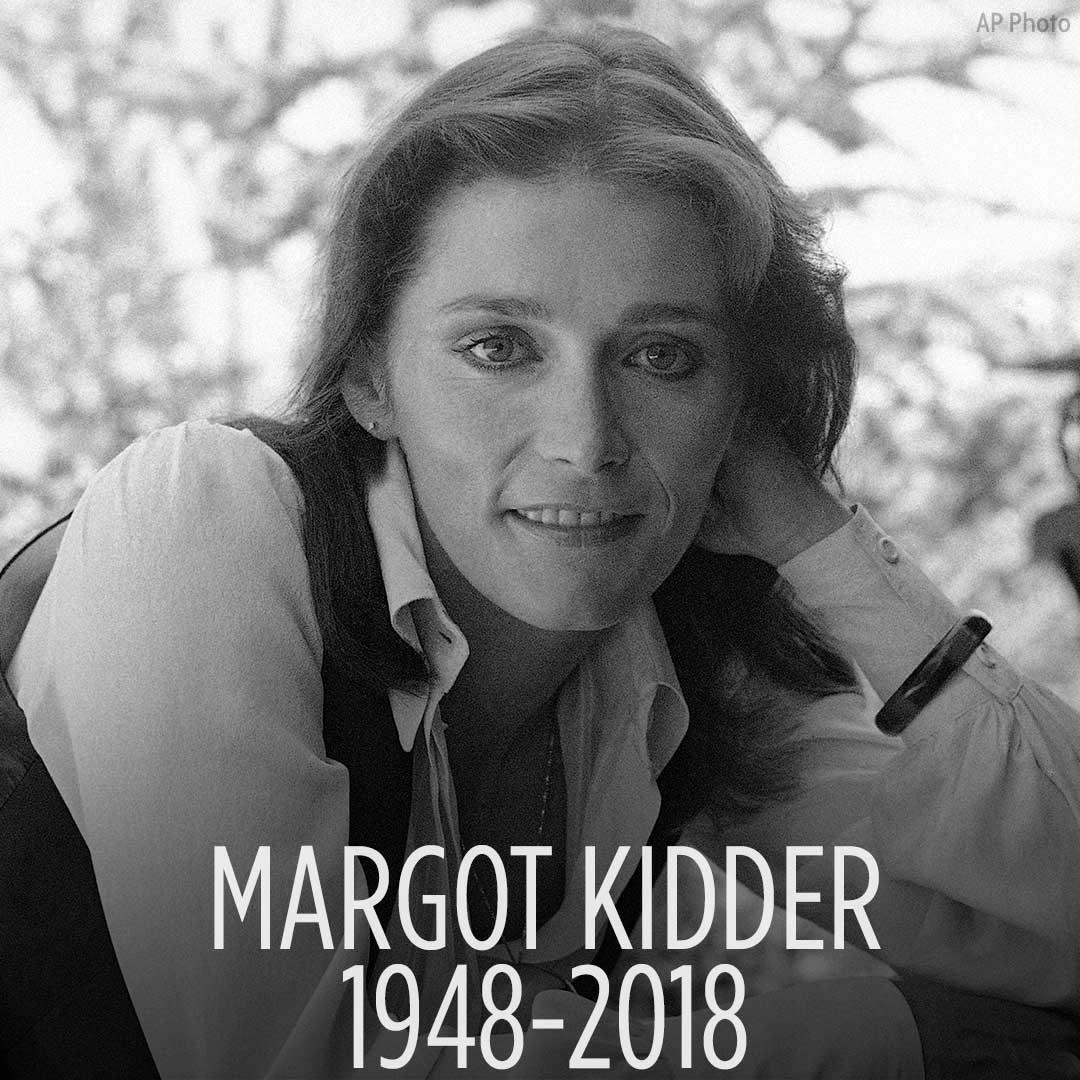In sickness and in health—those words are often spoken unthinkingly as part of the time-honoured vows of a wedding, but few who make that promise realize what could befall them in the marriage that follows. An occasional flu or a broken arm is what most newlyweds think about when living with sickness—I certainly did. They do not think about their spouse having a chronic, incurable and difficult-to-treat neurochemical disorder with a society-wide stigma attached to it—and that is what mental illness so often is.
Stories abound about a person living with a mental illness, but they are invariably told by the sufferer. This book is different. This battle with mental illness is told from the unique, and often overlooked, perspective of the confused and overworked spouse. Here is a person who knows the sufferer better than anyone else, and who watches helplessly as their partner fights against great odds in an unequal battle for their sanity—and all too often their very life. The husband or wife has to live with the fallout from that battle, but they can make a difference. They can help to reduce the odds that are stacked against their loved one.
Sara, my wife of twenty-five years, grew up in an emotionally abusive home. As a consequence of her troubled childhood, she became bulimic at age 12, an alcoholic at 17, suicidal at 24 and bankrupt at 25. Sara—alone, with only the ridicule of her family for company—did not give up, and through sheer determination, she found recovery from her eating disorder and her addiction to alcohol. Her reward, as she sees it, was me: the man of her dreams and her escape to a life of normalcy. Deeply in love, we courted, married, got good jobs, bought a nice house, and gave birth to a healthy son. Everything was wonderfully normal, and the darkness of Sara’s troubled past was relegated to the vague mists of history … or so we thought. Sara’s fight was far from over, and mine had just begun. I was not at all prepared for it.
Soon after Sara returned to work following her maternity leave, a melancholy fell over her. My wife was diagnosed with dysthymia, a chronic but mild depression. Over time, this diagnosis was followed by ever more serious ones, until finally she was given the psychiatric label of atypical, rapid-cycling, Type 1 bipolar disorder, or as it is more commonly known, severe manic depression. Once again, Sara had to find the determination and strength to climb out of a dark abyss. Unlike before, this time I was by her side, but I was completely ignorant of the bewildering torments of mental illness. To me at that time, mental illness was just something that affected a few strange people on the fringes of society. All-knowing doctors made them well, or if that wasn’t possible they looked after them in some nice places, and that was that. Little did I appreciate that mental illness, in one form or another, is pervasive in our society, and doctors are groping in the dark just as much as their patients. And those nice places? They aren’t very nice at all.
Without giving away too much of the story that follows, Sara twisted this way and that in the maze. Eventually, she worked her way out by taking responsibility for her own health and choosing to take a path less travelled: finding mental wellness without drugs. The first half of this book recounts Sara’s slow descent into mental illness, while the second half describes the unusual path that Sara chose to travel in order to recover her health. The true significance of my wife’s story can only be appreciated when it is understood to what depths she fell, and to what heights she has now risen.
Sara often tells her story to others struggling with their health, or their weight, and she has a growing reputation as being very inspirational. Her private blog is followed by people having trouble with depression or food issues or both, and her talks to one person or a dozen are full of emotion and hard-won advice. Whenever Sara shares her story, there are usually a lot of tears all round, because people can relate to her and her story.
Sara has often talked about writing a book about her story, but her talents do not lie in that direction. I, on the other hand, love to write. I have published several novels, some magazine articles, and many technical reports and scientific papers. To me, the blank page is not something to be feared, but rather it is something that is full of creative potential. It fell to me to write Sara’s inspirational story. However, at key moments in the book, I felt it important that Sara tells her story in her own words.
My wife was thrilled when I committed to write her story—or is it my story? No, it is our story. And our story began in the lobby of a movie theatre …



 Adam Hardy has been married to his wife, Sara, for over 25 eventful years. Their life with Sara’s severe bipolar disorder has taken them from the depths of suicide attempts to the heights of sharing their story of hope with others. After 14 years of failed pharmaceutical experimentation, Sara began a relentless drive to manage her life without drugs. This has resulted in profound, and sometimes quirky, changes to her diet, her lifestyle, and her ways of thinking about herself. Adam has been a witness to this strange journey, and he tells their story from the forgotten perspective of someone married to mental illness.
Adam Hardy has been married to his wife, Sara, for over 25 eventful years. Their life with Sara’s severe bipolar disorder has taken them from the depths of suicide attempts to the heights of sharing their story of hope with others. After 14 years of failed pharmaceutical experimentation, Sara began a relentless drive to manage her life without drugs. This has resulted in profound, and sometimes quirky, changes to her diet, her lifestyle, and her ways of thinking about herself. Adam has been a witness to this strange journey, and he tells their story from the forgotten perspective of someone married to mental illness.